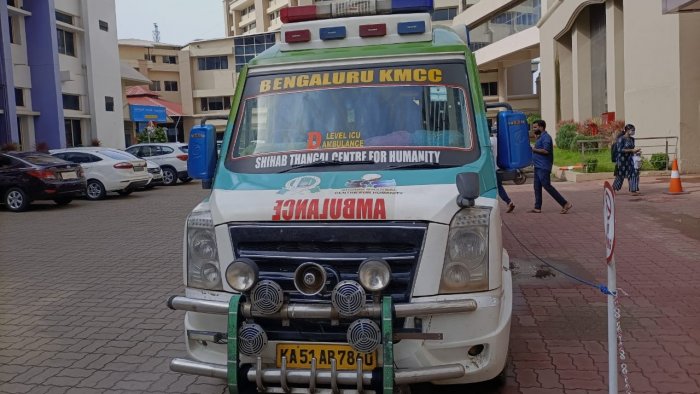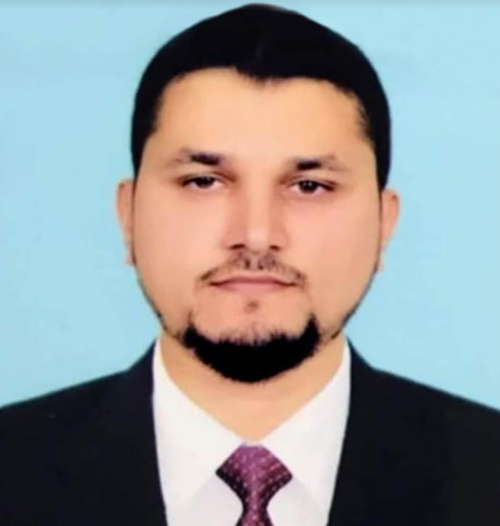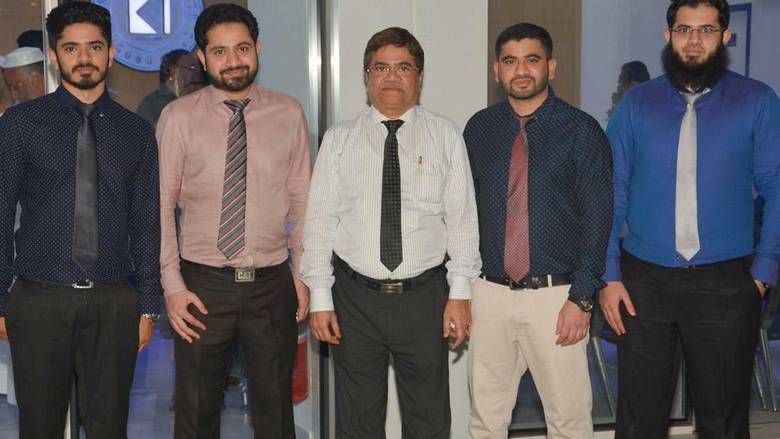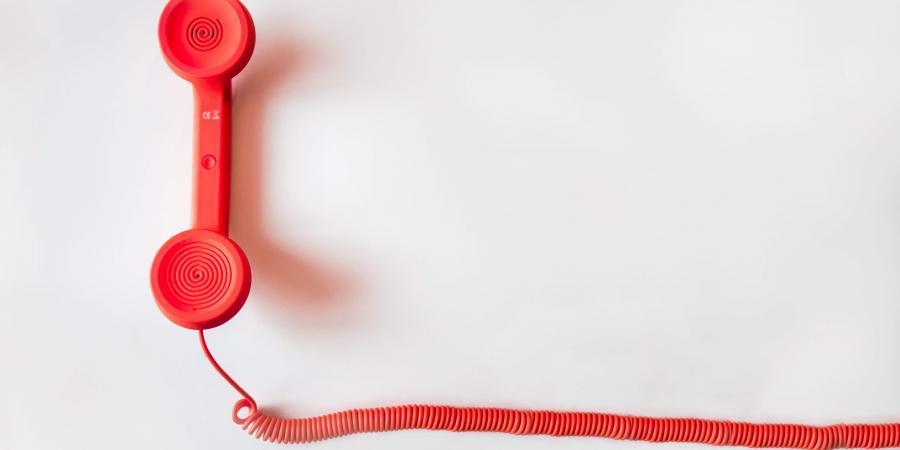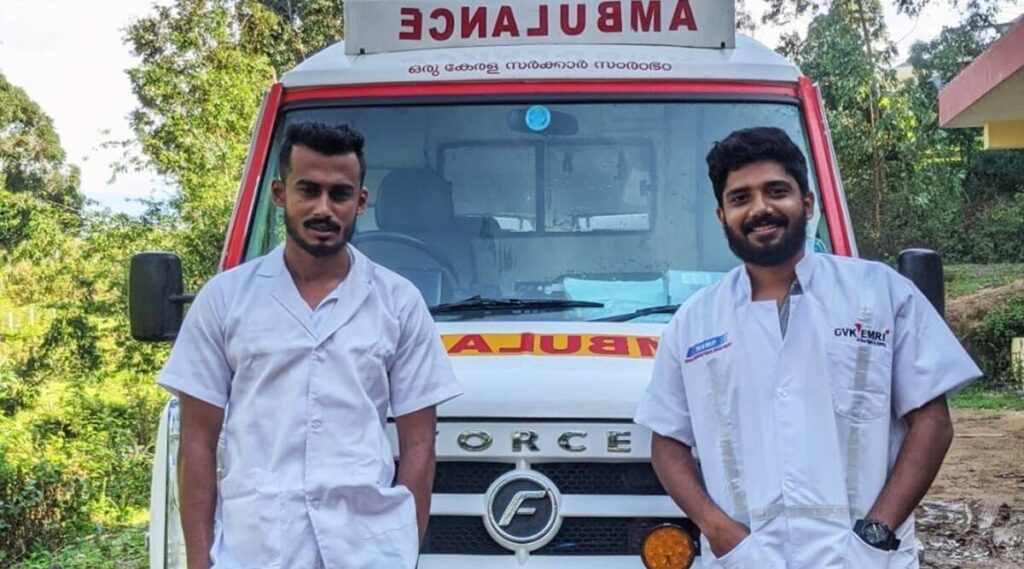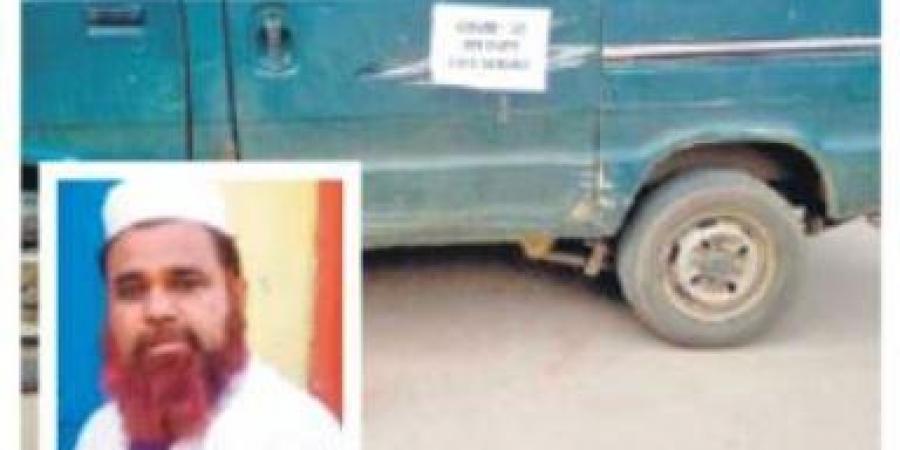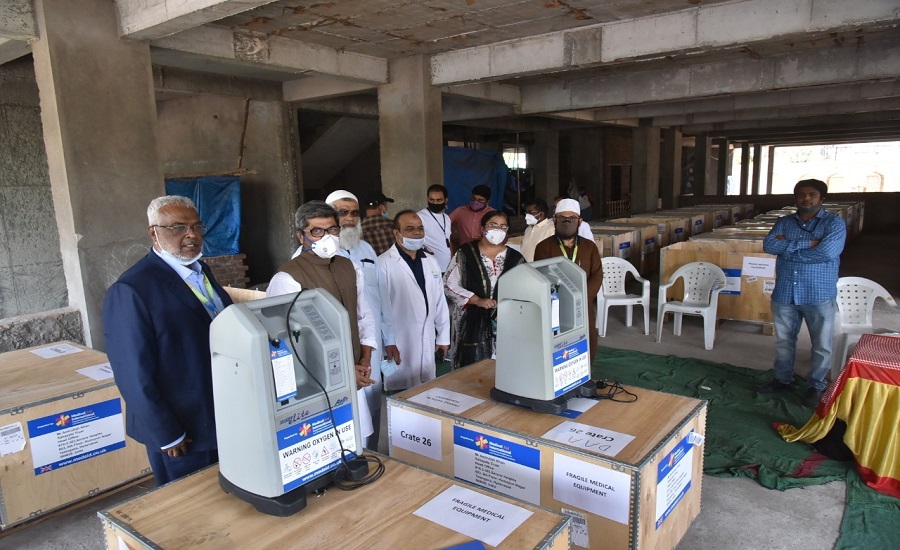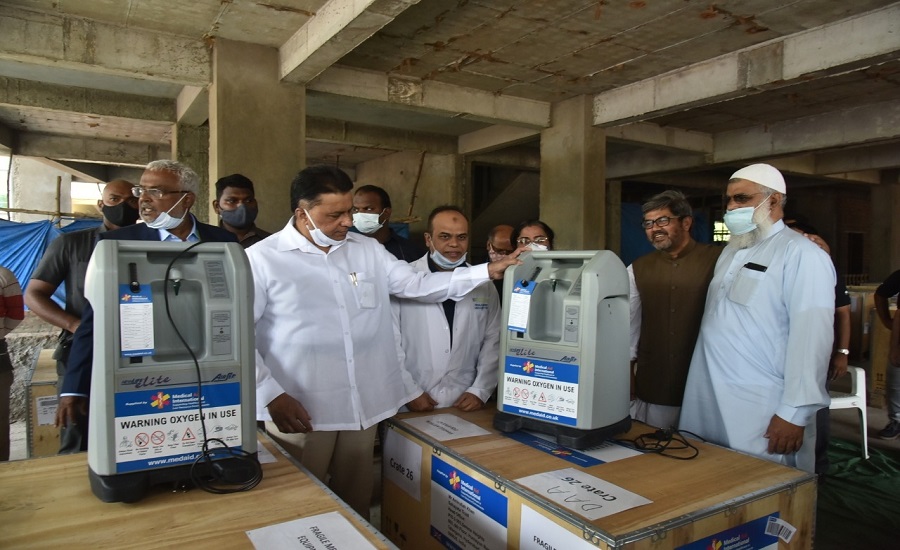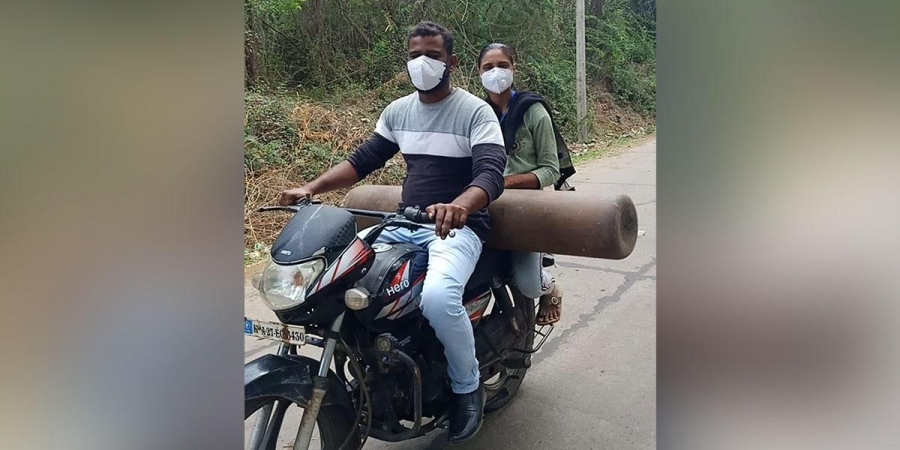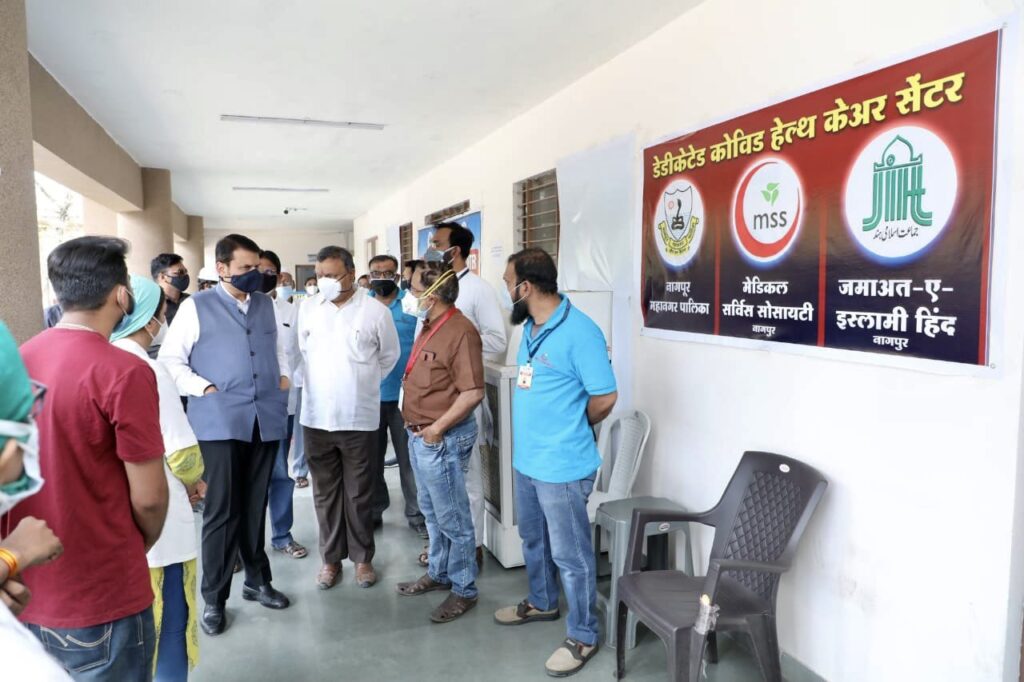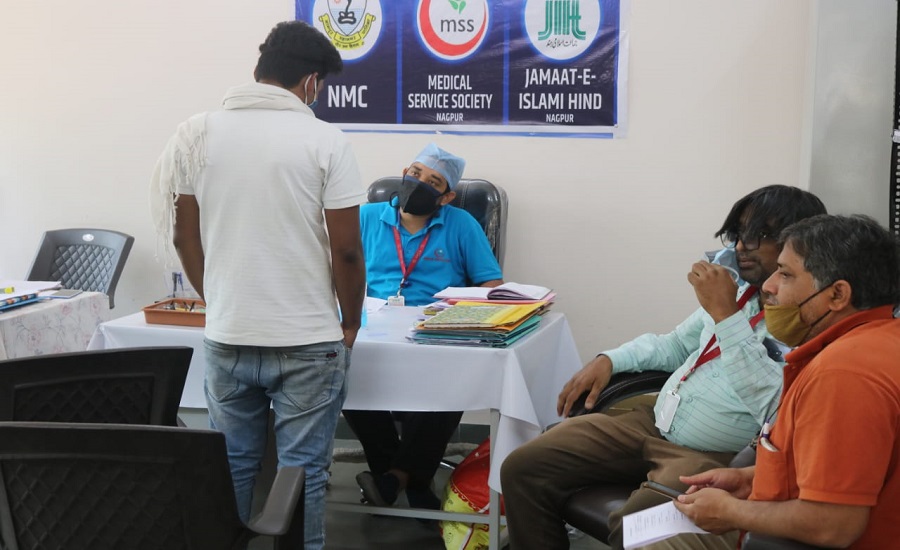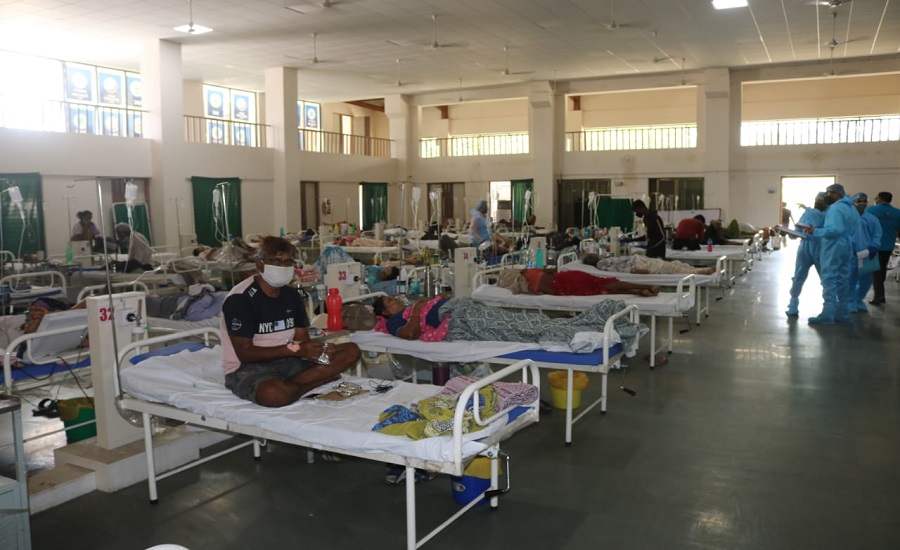Thiruvananthapuram, KERALA :
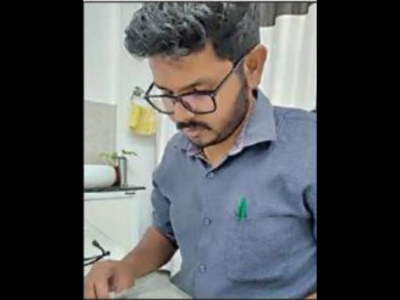
Thiruvananthapuram :
A few days ago, Dr Muhammad Yazin and his team at the Covid control room run by Vattiyoorkavu MLA V K Prasanth broke into a house. Their intentions, however, were honourable. A call had come from a 55-year-old Covid positive woman and she had fallen so sick that she couldn’t even open the door eventually leaving the medical team with no other option that breaking the door open. “We could save two patients, the woman and her 95-year-old mother. They were shifted to ICU at the medical college hospital, we hope they will recover,” says Yazin who has so many similar experiences to recount, including dealing with a snake in the house of a Covid patient.
The 26-year-old doctor, a former student of the Thiruvananthapuram Medical College, was working at a private hospital in Coorg till recently.
He quit the job to work with the medical team without any remuneration. This is not the first time he is volunteering.
During the 2018 floods, he had joined the same medical team as a student. That was just the beginning.
Later in 2019, when many people were buried alive in a massive landslide at Kavalappara near Nilambur, Dr Yazin was there with the medical team.
Also, he was among the volunteers when Cyclone Ockhi hit the coast in Thiruvananthapuram.
Besides volunteers and nurses, there are four doctors in the medical team of the Covid cell at Vattiyoorkavu. “We provide tele-consultation for the patients. Medicines are sent through the volunteers of the rapid response team. Our team consisting of a doctor, a nurse, and a volunteer also visit patients needing home care. We would shift them to hospitals if required. Our schedule is not at all hectic . We usually work for eight hours,” Dr Yazin adds.
“I had tested Covid positive while working in Coorg. After getting cured, I rejoined duty and resigned two days after knowing about this initiative. After having worked together during the flood and now, the team has become just like a family,” he says.
In the future, Dr Yazin is expecting to be a part of the medical team of Vattiyoorkavu Youth Brigade, an initiative of MLA Prasanth. The plan is to focus on the economically weaker sections. How about earning something to live? “Well , I plan to work in a private clinic and side by side find time for voluntary medical service,” he says.
source: http://www.timesofindia.indiatimes.com / The Times of India / Home> News> City News> Thiruvananthapuram News / by TNN / June 11th, 2021
